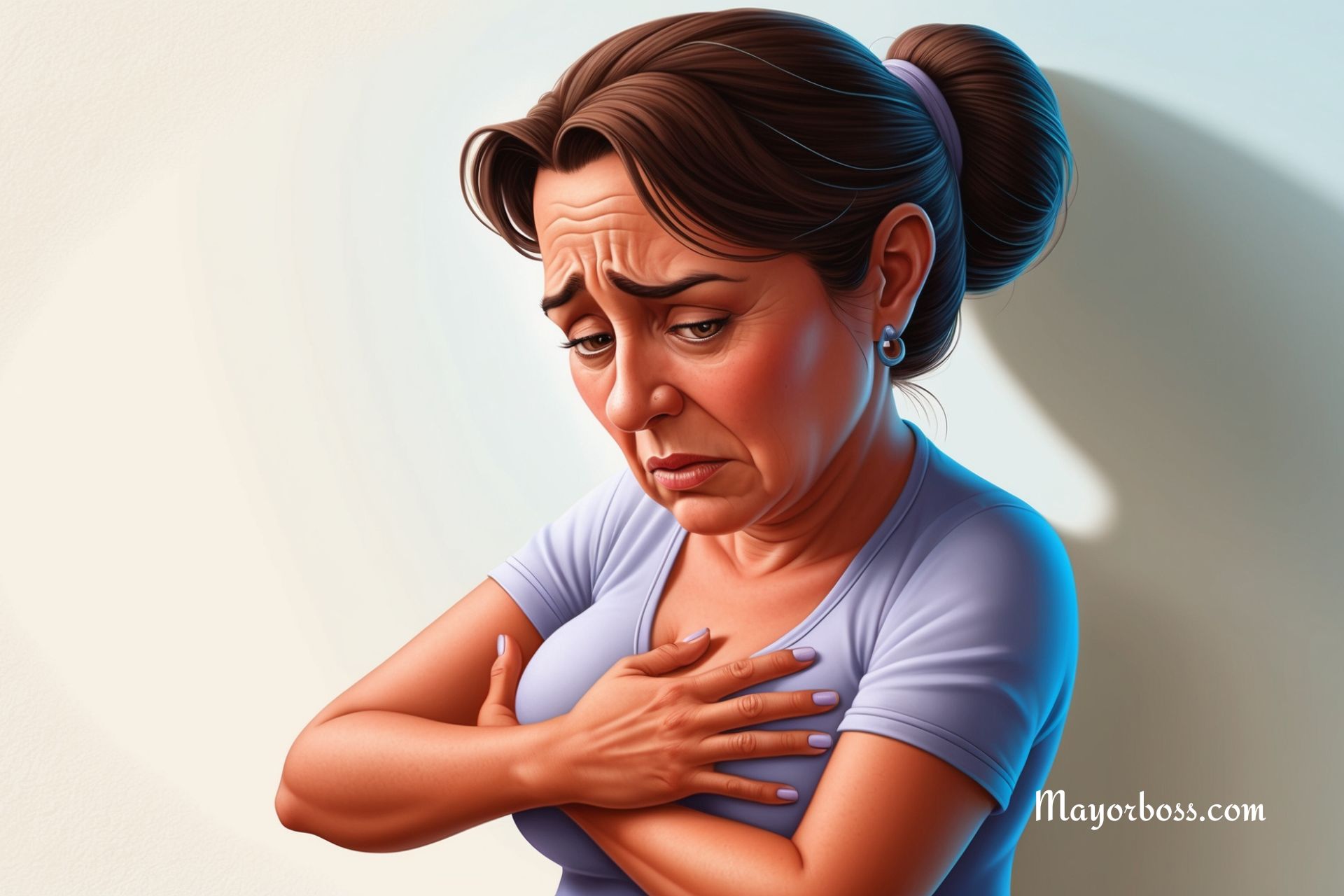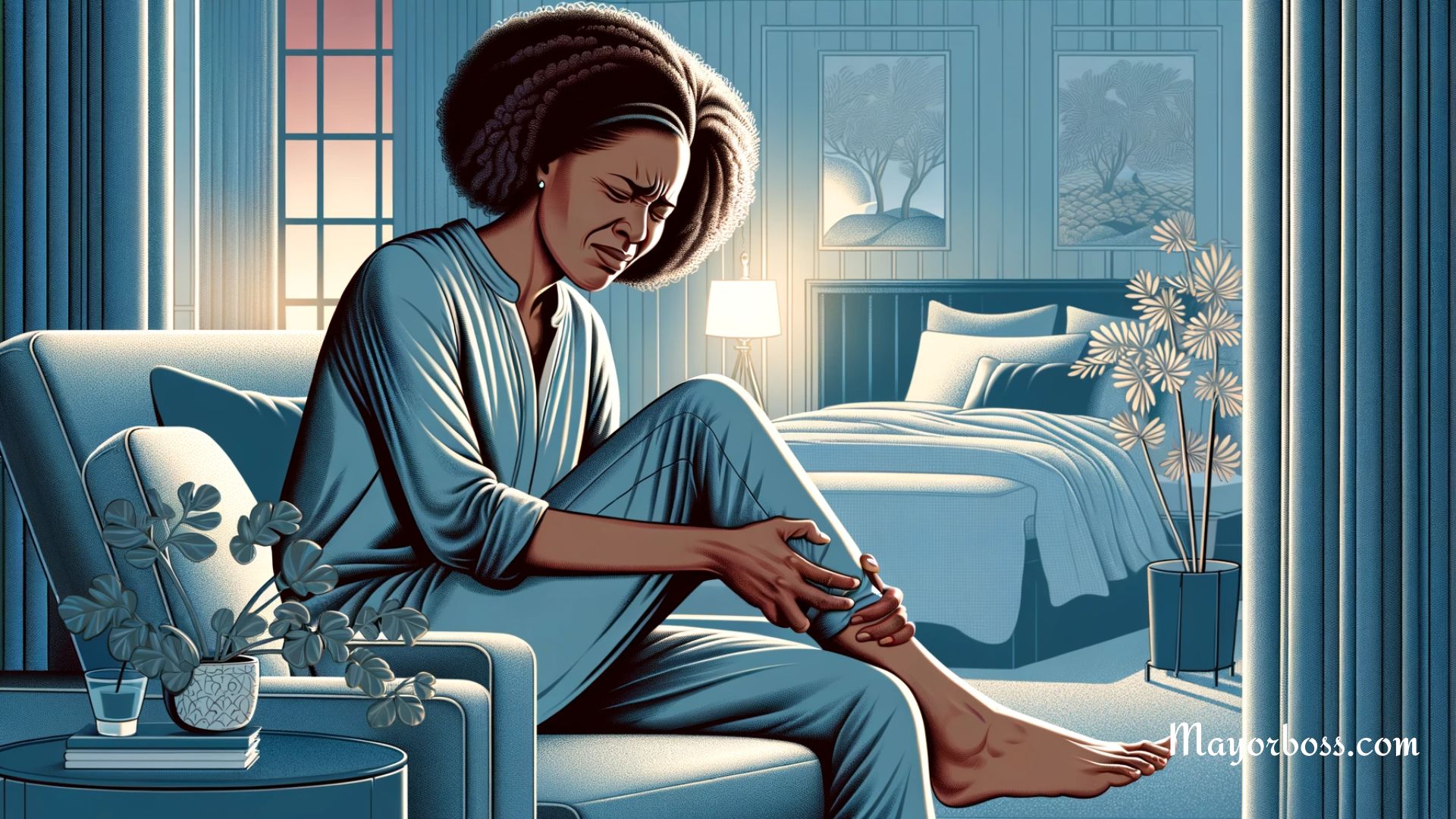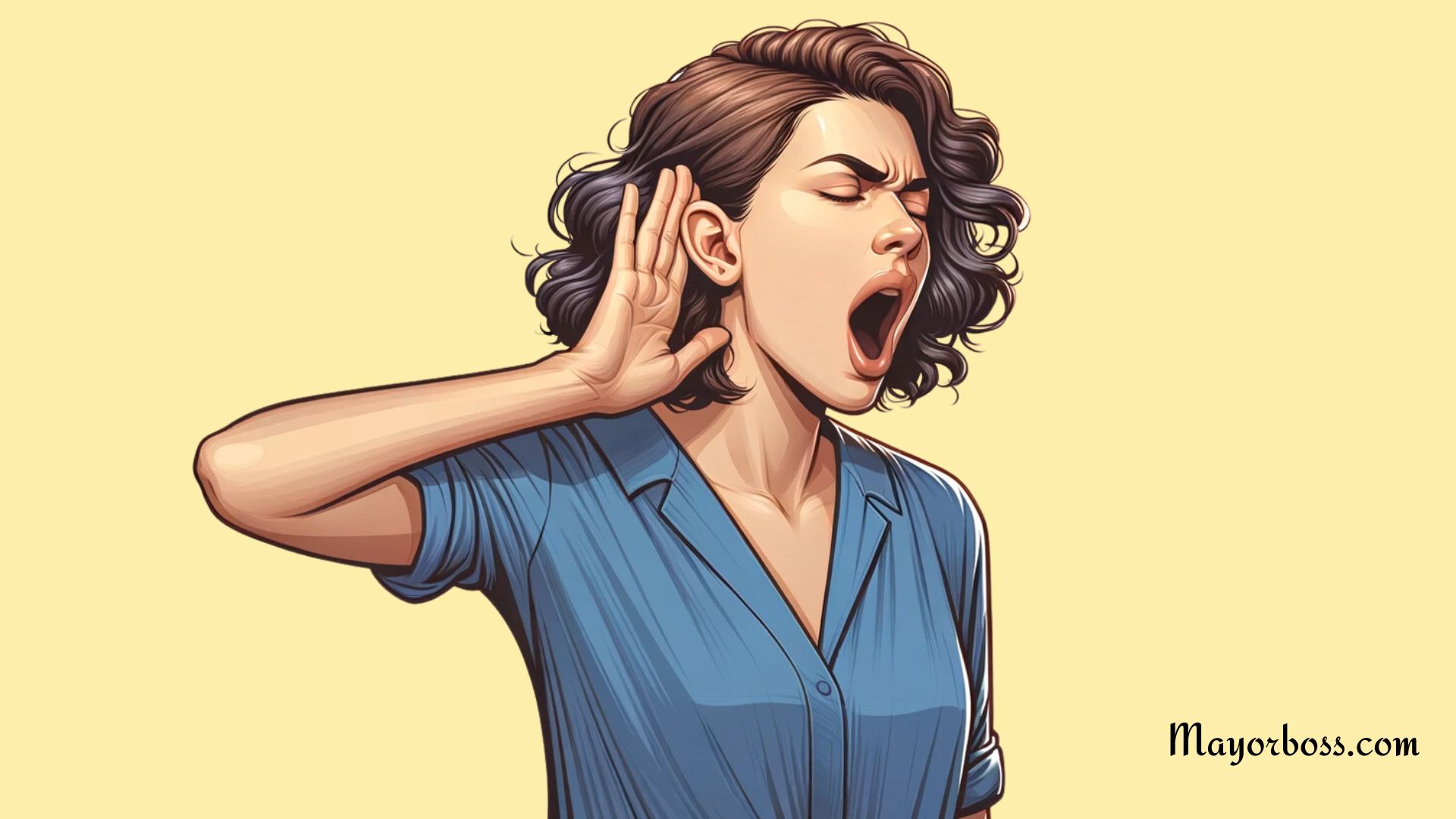Symptoms of Panic Disorder

Panic disorder can be overwhelming, but understanding its symptoms can help you feel more in control. Panic disorder is more than just feeling anxious—it involves sudden and intense episodes of fear, known as panic attacks, which can occur unexpectedly. Here are the key symptoms of panic disorder.
Sudden Intense Fear or Discomfort Strikes Without Warning
One of the primary symptoms of panic disorder is experiencing episodes of intense fear or discomfort that appear out of the blue. This can happen without any obvious trigger, such as while sitting in a meeting or relaxing at home, and is often overwhelming. It’s not like typical anxiety that builds gradually—these feelings hit quickly, reaching a peak within minutes. During a panic attack, you may feel an intense sense of doom, like something terrible is about to happen, even if you’re safe.
Heart Palpitations and Chest Pain Can Feel Like a Heart Attack
During a panic attack, it’s common to experience a pounding or racing heart. You might also feel chest pain or tightness, which can make you think you’re having a heart attack. This symptom can be very frightening, but it’s part of the body’s natural “fight or flight” response kicking in.
Shortness of Breath or a Feeling of Suffocating
Many people with panic disorder report feeling like they can’t catch their breath during an episode. It may feel like you’re suffocating or that there’s not enough air to breathe. This can add to the panic, making it harder to calm down.
Sweating and Trembling Are Common Physical Signs
When a panic attack strikes, your body may respond with excessive sweating or trembling. These physical signs are caused by the sudden rush of adrenaline that happens during a panic attack. Even if you’re in a cool environment, you may break out into a sweat or notice that your hands are shaking.
A Sense of Detachment or Feeling Unreal
Another unsettling symptom of panic disorder is a sense of detachment, either from yourself or from reality. You may feel like you’re watching yourself from outside your body or that the world around you isn’t real. This symptom, called “derealization” (feeling like the world around you isn’t real) or “depersonalization” (feeling disconnected from yourself), can be very disorienting and make you feel even more scared.
Nausea, Dizziness, or Lightheadedness Can Occur
Nausea and dizziness are also common during panic attacks. You might feel like you’re going to faint or that the room is spinning. This symptom can make it difficult to stay on your feet and can add to the fear that something is very wrong with your body.
Tingling Sensations or Numbness in the Hands or Feet
Many people report a tingling or numb sensation in their hands, feet, or face during a panic attack. This happens because rapid breathing can cause an imbalance of carbon dioxide and oxygen in your blood, leading to these uncomfortable sensations.
Fear of Losing Control or “Going Crazy”
During a panic attack, you might feel like you’re losing control of your body or even your mind. The intensity of the symptoms can make you fear that you’re “going crazy” or that you might do something embarrassing in public. This fear can be so strong that it makes you avoid places or situations where you think a panic attack might happen.
Panic Attacks Can Lead to Avoidance Behavior
Because panic attacks are so terrifying, many people with panic disorder start to avoid situations or places where they fear an attack might happen. This can include crowded spaces, public transport, or even leaving home altogether. This avoidance behavior can significantly impact daily life and contribute to the development of agoraphobia, where a person feels unable to leave a safe place.
The Takeaway
Panic disorder is characterized by sudden, intense episodes of fear that can feel overwhelming and out of control. The physical symptoms—such as a racing heart, chest pain, shortness of breath, and trembling—are all part of the body’s natural response to intense fear. While these symptoms can be frightening, they are not harmful. While these symptoms can be frightening, they are not dangerous. If you think you might be experiencing panic disorder, it’s essential to speak with a doctor who can help you find the right treatment and support.






